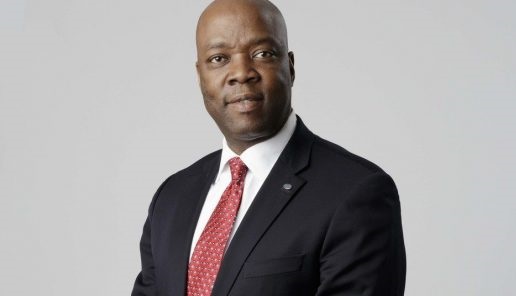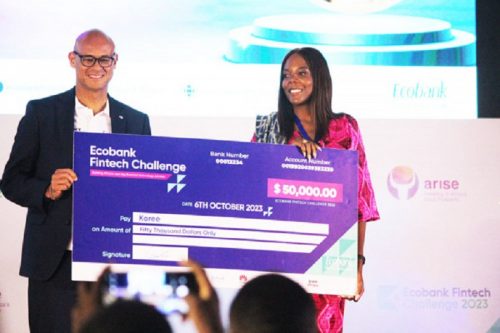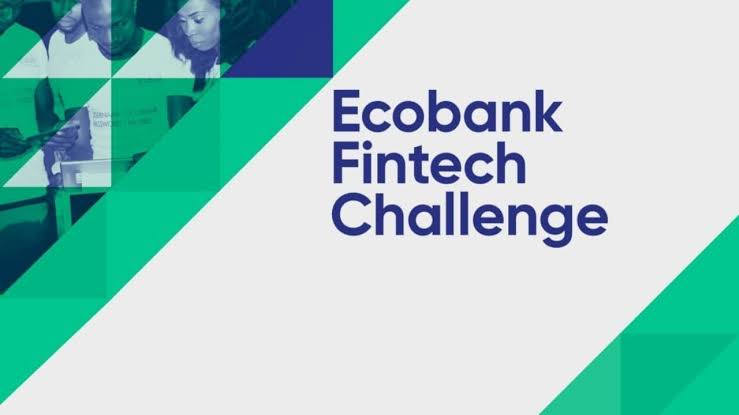Despite the pandemic, the Financial Technology (Fintech) payment space in Nigeria grew by about 800 per cent.
This was revealed by the Chief Executive Officer of Ecobank, Patrick Akinwuntan, during a panel session at the Fintech Nigeria: the State of Play, virtual conference.
Akinwuntan said the growth came directly from the Fintechs in collaboration with government agencies, indicating a huge trust in digital payment during the COVID-19 lock-downs, which prevented people from moving from one place to another.
While calling for the proper regulation of the industry, the Ecobank CEO noted that the Fintech space has been most active with payment, and stressed the need for participation in savings and lending.
“As much as we saw the impact of the Fintech community in payment, the biggest opportunity across all divides will come from savings, because a larger proportion of the populace, especially in the informal sector, earn income daily. They are not salaried earners. There is a need for the Fintech community to improve and attract savings. There must be a financial solution; Fintechs are at best ‘co-repetition’ and not a competition with the banks,” he stated.
With over 200 million people in Nigeria, he said the market is already available and only requires collaboration among the Fintech players.
On his part, the Central Bank of Nigeria (CBN) Director, Payment System Management, Musa Jimoh Itopa, said the country learned so many things from the pandemic in terms of payment.
Jimoh-Itopa said globally, because of COVID-19, people were scared of touching physical objects, including cash, so there were lots of activities around Unstructured Supplementary Service Data (USSD), Internet banking, among others.
He said the pandemic period also ensured that operators, service providers, among others were checking their back-up facilities to ensure they were not cut unawares, adding that it was an opportunity for operators to have a business continuity plan to ascertain the resilience of their services.
According to him, parts of the lessons were that technology created lots of opportunities to do the unthinkable, as with low activities from banks’ physical branches, “there was an opportunity to leverage Artificial Intelligence (AI), Big Data, Bitcoin, among others.”
He said regulation of the Fintech industry will come at the appropriate time, saying: “Regulation is driven by innovation. Payment system will be driven by innovation. As innovation comes, the apex bank studies and provides required regulations and policy.”
On his part, the General Manager, Mobile Financial Services, MTN, Usoro Usoro, said the Fintech space is moving rapidly with innovations, with the major challenge being largely regulation.
Usoro, who said the Fintech space needs clarity around regulation, identified the challenges faced by customers to include identity (KYC), distributions, and a conducive environment for services to thrive.
Regarding the USSD, he revealed that in the last 12 months, neither the banks nor the telcos have put any charge on the service, adding that there is an on-going consultation between the banks and the operators to reach a compromise on fees to be charged for such services.
Senior Vice President Digital Partnerships, the Middle East and Africa, MasterCard, Ngozi Megwa, said MasterCard is playing huge in the Fintech space, adding that apart from partnering with two Fintech players including Innovectives, it has partnered with Samsung and Airtel to ensure subscribers get access to financial services.
She said the success of Sandbox is encouraging Fintech, stressing that Mastercard sees digital commerce accelerating at a humongous rate, and as a market organizer wants to partner with stakeholders to bring the right technology, and infrastructure to support either the banks or the Fintechs.









